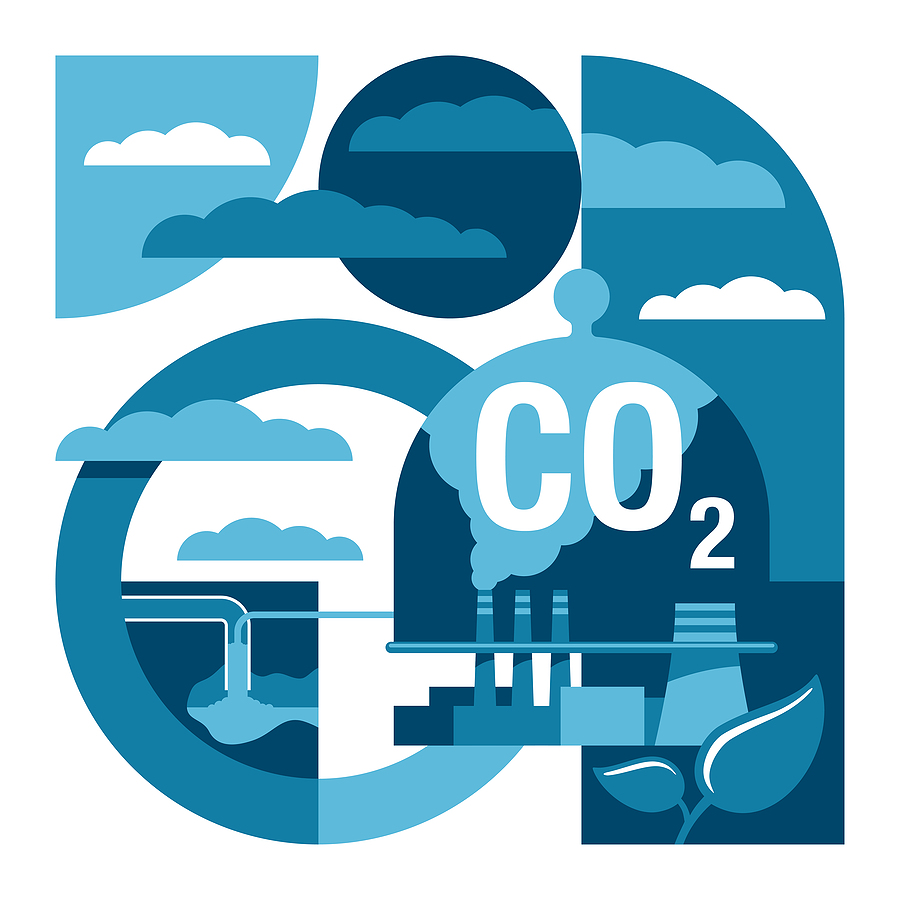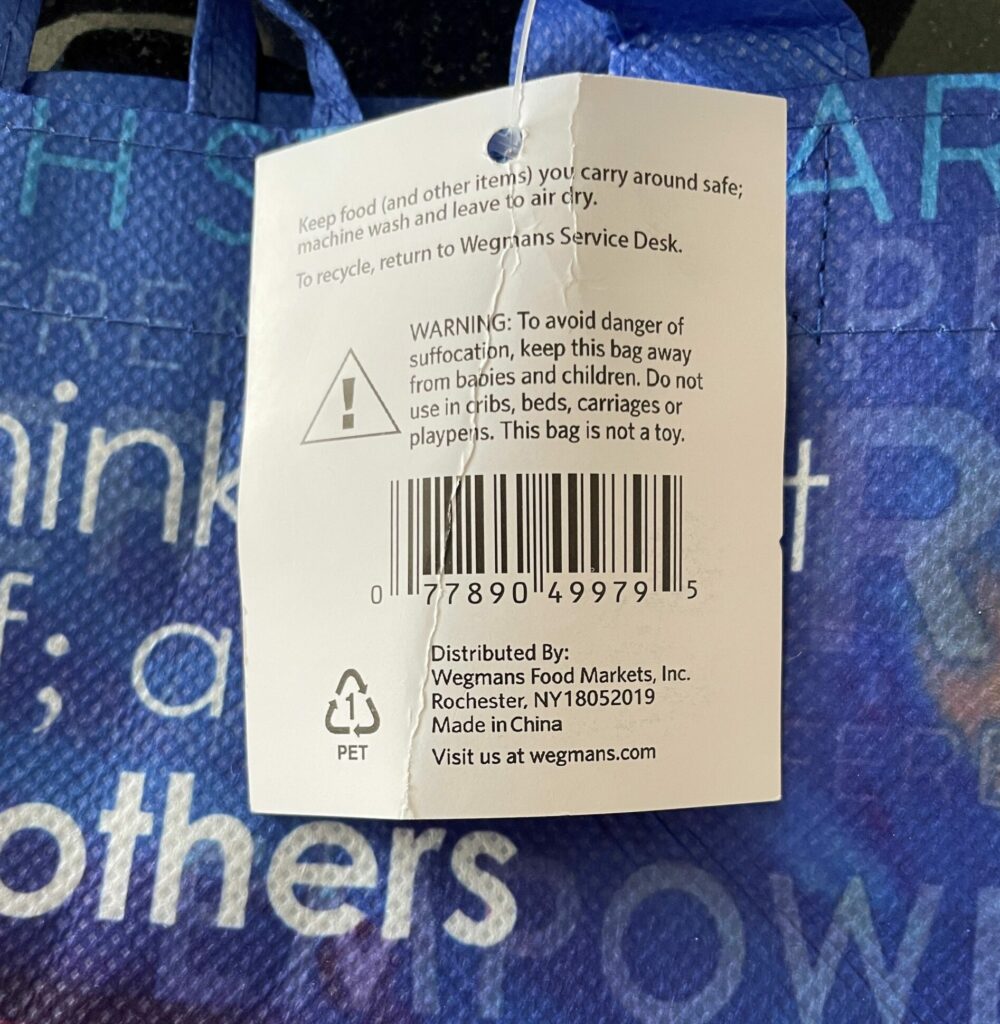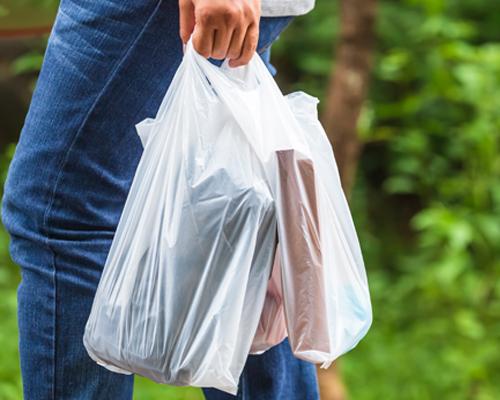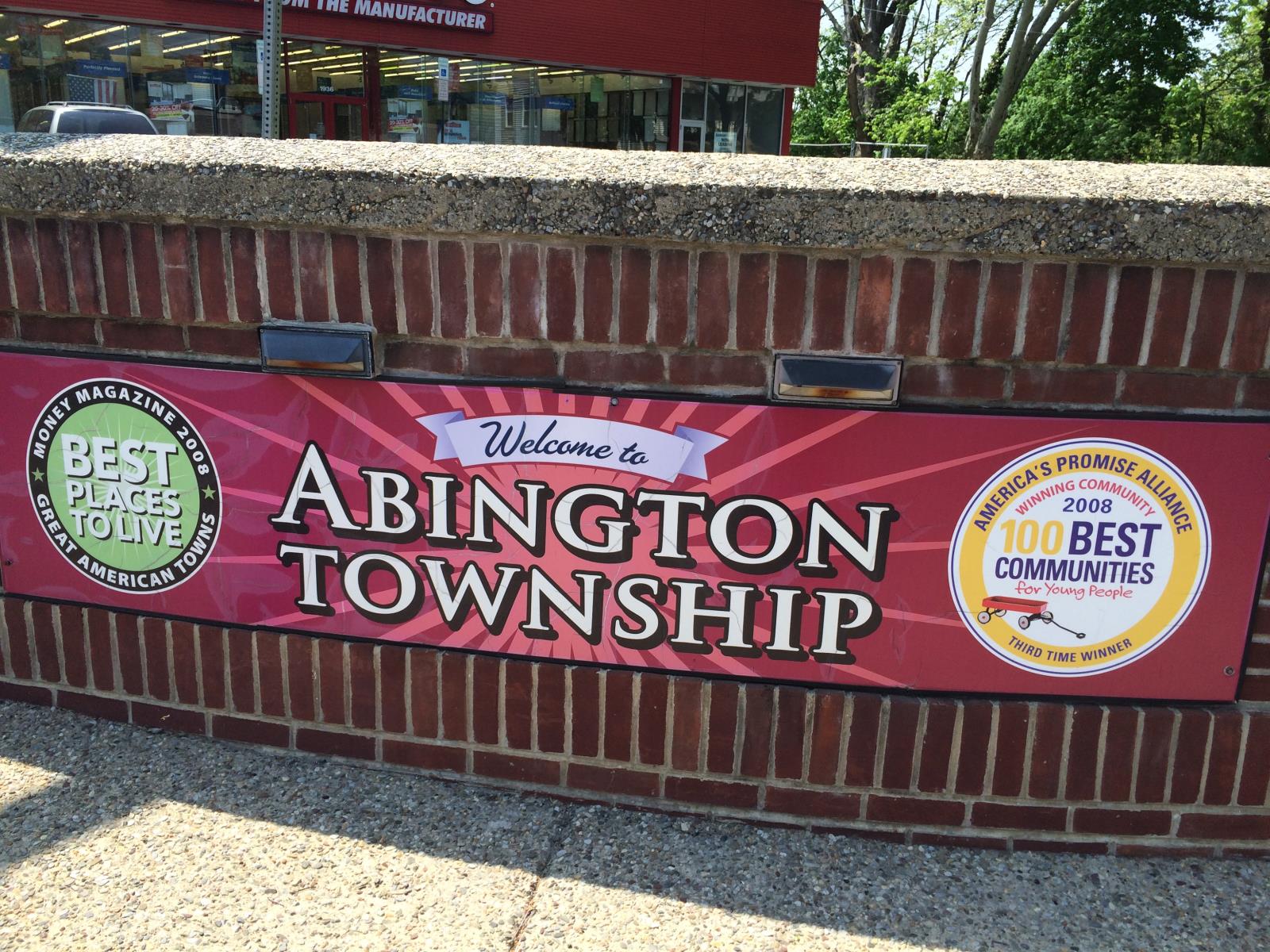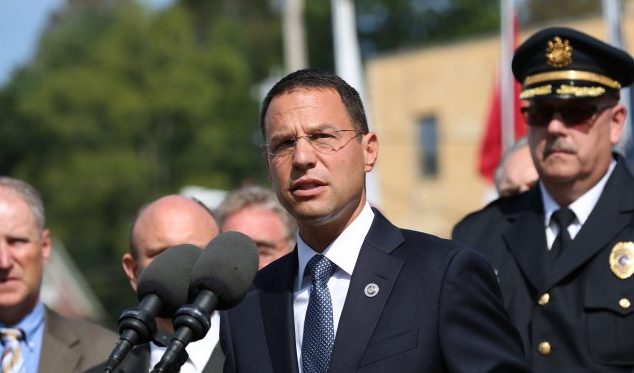CORBIN: EPA’s New Methane Rule Stands in the Way of Environmental Progress in PA

For many of us, the new year is synonymous with resolutions to become more active. However, in the case of the United States Environmental Protection Agency (EPA) and some of its proposed regulations for the energy industry, we should all hope that Agency officials restrain themselves.
This is especially true when it comes to the EPA’s methane emissions reduction rule, a far-reaching, but controversial, regulation whose final version was published this past December. To prevent unnecessary damage to Pennsylvania’s energy sector and its significant economic impact, considerable changes are necessary to ensure the rule is flexible enough to accommodate the dynamic needs of energy producers in the Keystone State and beyond.
At first glance, the rule appears to have a simple and sensible goal – strengthening detection standards that identify the sources of methane leaks so that energy producers can prevent and control them. This is important for those concerned about climate change because the greenhouse effect of methane is approximately 28 times greater than that of carbon dioxide. It is also critical for energy production because methane leaks left unchecked result in a reduction of energy supply in the market. In other words, the detection and mitigation of fugitive methane emissions benefits both the environment and the energy sector’s bottom line.
Most importantly, the rule effectively would allow for the EPA to ‘delegate’ its statutory authority under a new Super Emitter Response Program to third parties who would monitor and collect data on potential methane leaks and notify the suspected offenders. The companies would be required to investigate these third-party notifications, adding another layer of oversight and response to data of questionable accuracy and objectivity This should be left to the regulatory authorities at the state and federal (EPA) level.
To the EPA’s credit, the flood of comments it received and the serious discussion following the rule’s publication led to several improvements in the final version. However, the rule still needs considerable refinement as it enters a robust compliance review period. In general, the EPA should ensure its new rule is crafted in a way that reflects the realities of energy production and current methane detection in the Commonwealth.
Pennsylvania, like other major energy-producing states, hasn’t needed federal regulation to make tremendous strides in reducing methane emissions. Proactive leadership in the energy sector and astute policymaking by state regulators has resulted in a 16 percent reduction in methane emissions in the United States from 1990 to 2021.
The Pennsylvania Department of Environmental Protection has taken laudable measures to reduce methane leakage from oil and gas wells and transmission infrastructure by updating permits for oil and gas well sites and implementing effective, common-sense regulations for existing infrastructure. Our state’s energy sector has similarly worked hand in hand with local officials to effectuate change. For example, Peoples Gas pledged as far back as 2019 to “cut methane emissions from its Pittsburgh distribution system by 50 percent using advanced leak detection methods.”
As a result of these broad-ranging, cooperative efforts, the Appalachian Basin’s greenhouse gas emissions intensity dropped by 22 percent this past year, according to findings from the Marcellus Shale Coalition. The coalition similarly asserted that the increased use of natural gas will benefit the environment, but that policymakers have been hindering the infrastructure development needed to meet consumer demand.
Working alongside Pennsylvania’s energy sector rather than competing with it is a smart move. As PricewaterhouseCoopers (PwC) reported earlier this year, the oil and gas industry supports nearly 500,000 jobs in Pennsylvania, or about one in eighteen family sustaining jobs in the Keystone State. As the nation’s second largest natural gas producer, just behind Texas, energy contributed $75 billion to Pennsylvania’s total gross domestic product.
As EPA undertakes the final revision and review of its methane emissions reduction rule, it must continue to collaborate with the energy sector and address concerns about its proposed Super Emitter Response Program. This is a duplication of the EPA’s existing responsibilities and could grant excessive and undue authority to third parties at an additional cost to the industry.
Pennsylvania’s energy sector is already working towards a cleaner future and the EPA must ensure it doesn’t create roadblocks that impede the progress of the industry’s efforts. Allowing them to innovate and invest in advanced technologies without unwarranted restrictions or penalties will help to maintain the momentum already created in reducing methane emissions.

